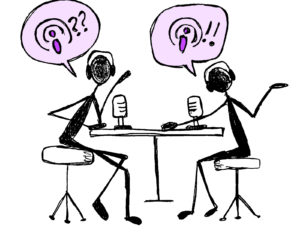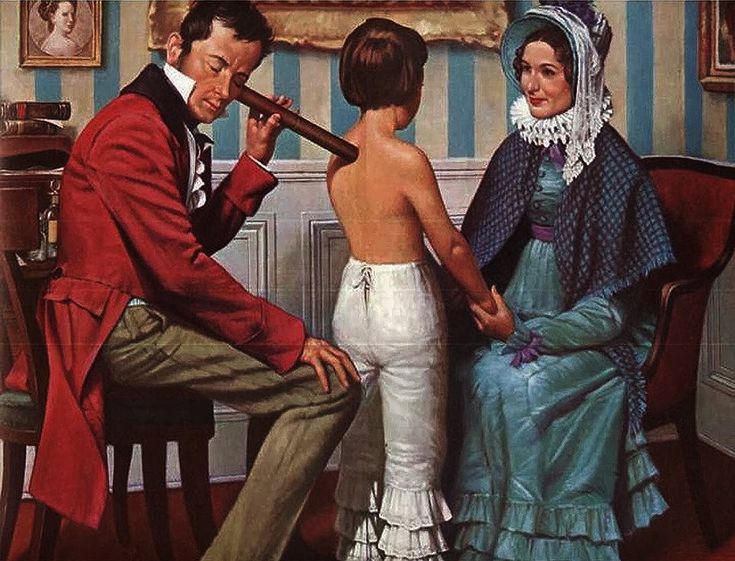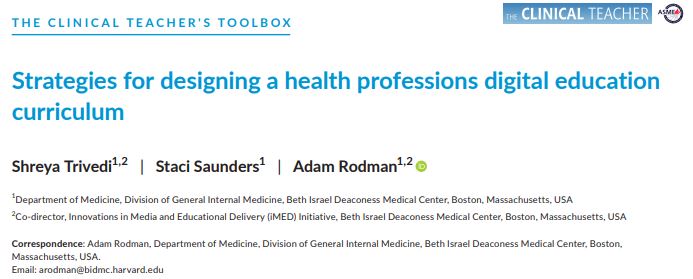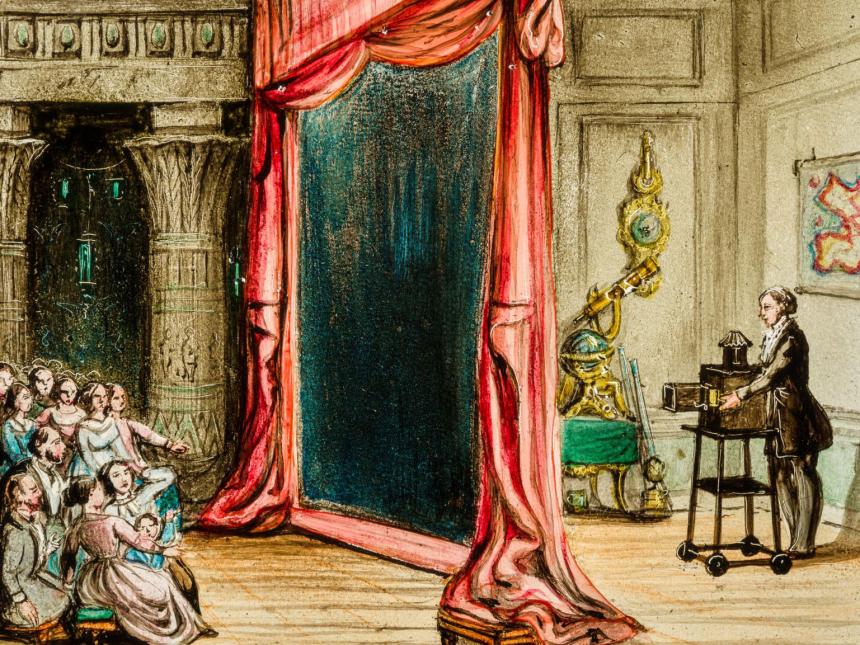
I want to keep highlighting some of the amazing speakers we have at the @iMedEducation #DigitalEducation2022 conference, held virtually on October 7th, and in person in Boston on October 8th!
Next up -- @AshleyGWinter!
cmecatalog.hms.harvard.edu/digital-educat…
Next up -- @AshleyGWinter!
cmecatalog.hms.harvard.edu/digital-educat…

Everyone has a professional or educational message that we want to get out to the world.
@AshleyGWinter is an expert at education and advocacy for sexual health and sexual medicine. She is going to be sharing her insights about this journey for all of us!
@AshleyGWinter is an expert at education and advocacy for sexual health and sexual medicine. She is going to be sharing her insights about this journey for all of us!

We can't wait to learn from her experience!
https://twitter.com/AshleyGWinter/status/1453890993070039041
If you're excited, sign up for the conference here (cmecatalog.hms.harvard.edu/digital-educat…). The virtual skills session is on October 7th, and we are in-person on October 8th. Discounts are available for trainees!
• • •
Missing some Tweet in this thread? You can try to
force a refresh













